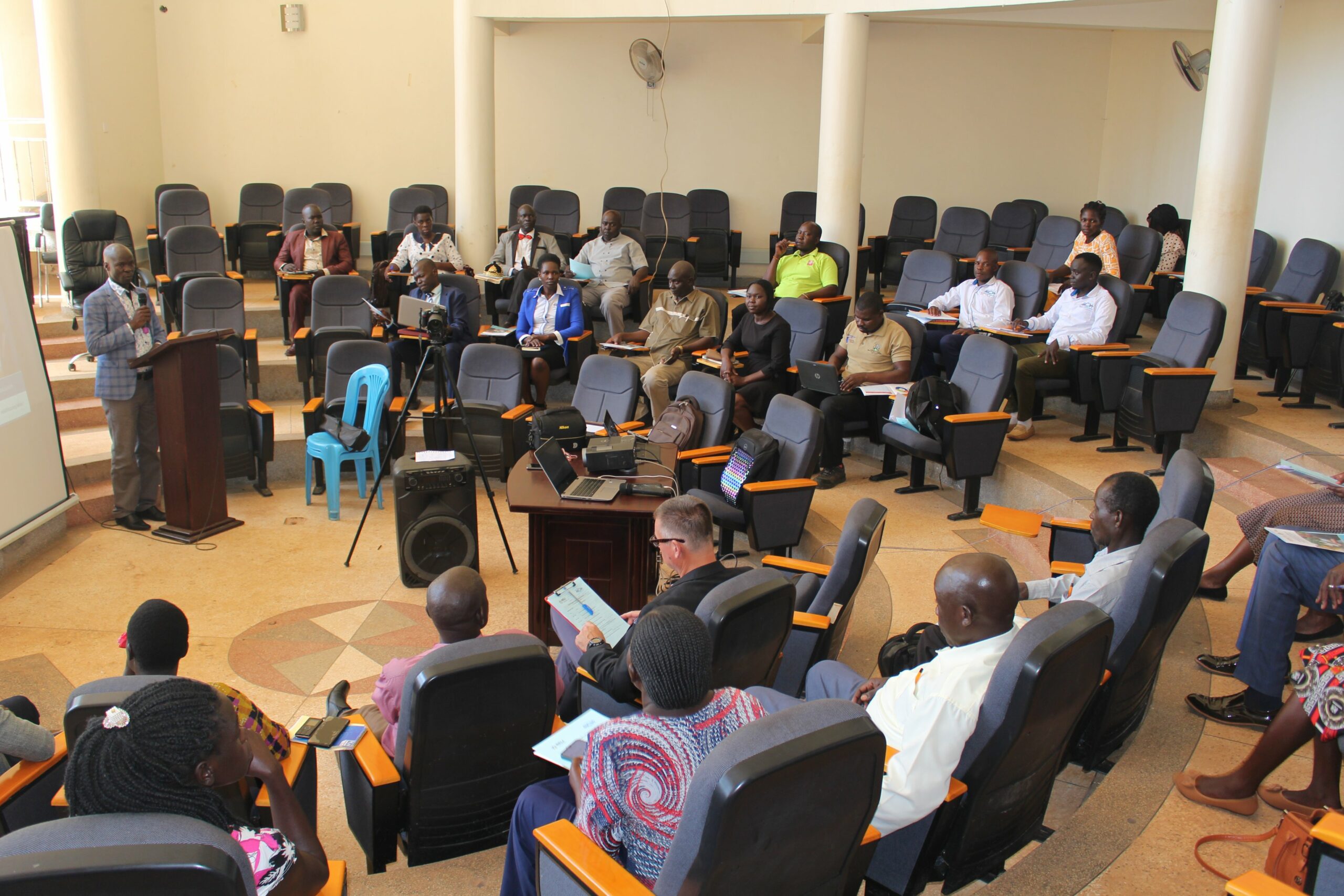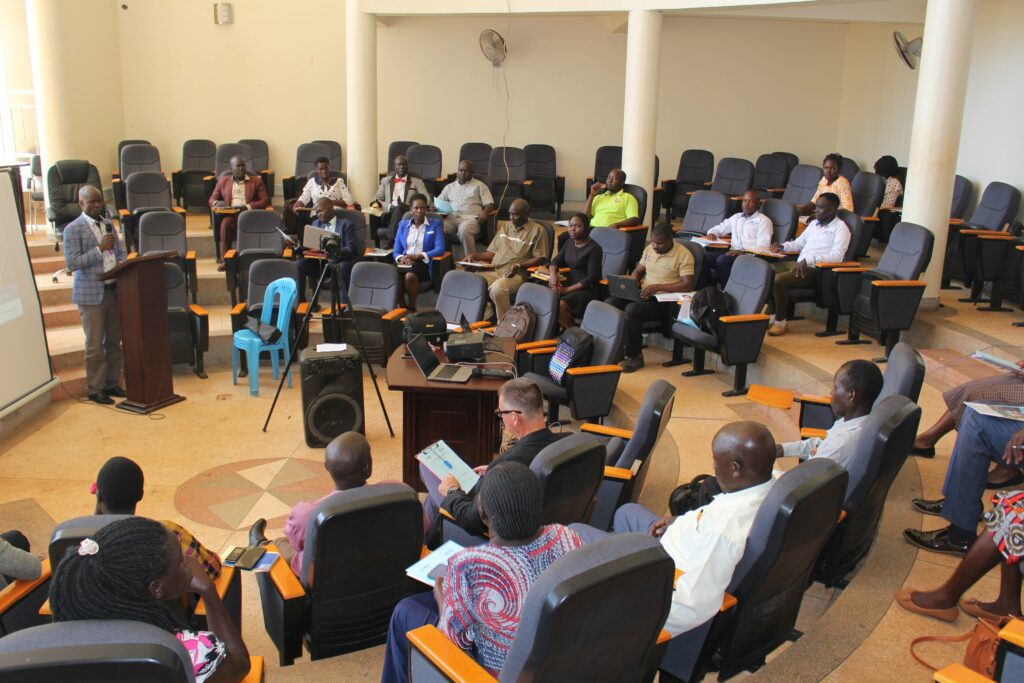
 Shine FM
Shine FM

 Shine FM
Shine FM
24 April 2023, 9:19 am

Most children in Uganda are lagging behind in their foundational life skills as many teachers and parents lack an understanding of the importance of these skills, a new report shows.
As a result, teachers and parents neither make it a learning priority in the classroom nor at home, according to the report
A survey released by Assessment of Life Skills and Values in East Africa (ALiVE) has revealed that most children in Uganda are lagging behind in their foundational life skills as many teachers and parents lack an understanding of the importance of these skills.
The report shares findings about Ugandan adolescents’ proficiency in four key life skills: problem solving, self-awareness, collaboration and respect.
The research team assessed a total of 11,074, in-and-out of school adolescents aged 13-17 from 7,815 households across 400 enumeration areas in 20 districts.
The assessment undertaken in districts of Buyende, Kyegegwa, Kasese, Jinja, Mubende, Kagadi, Oyam, Sheema, Nabilatuk, Bukedea, Kyankwanzi, Butambala, Ntungamo, Rukungiri, Maracha, Wakiso, Bukwo, Tororo, Agago and Kampala in 2022 demonstrated that most Ugandan adolescents are lagging in their attainment of these competencies.
The report revealed that 53 per cent of the adolescents are unable to identify multiple approaches to solving a problem. They are, however, able to recognize the existence of a problem from one perspective and act on that to identify a possible solution.
Further, the assessment indicated that 50 per cent of Ugandan adolescents can regulate their emotions but remain unaware of the multiple ways in which others might perceive and react to situations.
Additionally, about 42 per cent of the country’s adolescents collaborate through speaking, being attentive in discussions, and engaging actively in performance tasks but are unable to take a position and contribute ideas.
The research team discovered that about 48 per cent of the Ugandans aged 10-19 are able to interpret bad behaviors as a lack of respect for others and may take peacemaking steps to resolve situations. However, they may be unable to act respectfully in defence of others and self.
The report added that about 18 per cent of the adolescents in the study areas (17 per cent males and 20 per cent females) can fluently read a grade four text.
It further demonstrated that about 16 per cent of the adolescents (18 per cent males and 15 per cent females) can access the internet with ease.
Victoria Hariet Anyango, the program officer at Foundation for Inlusive Community Help (FICH) and one of the researchers speaking after officially launching the report in Oyam District headquarter on April 20, 2023 says the finding is not all that pleasing.
Reacting to the report, education stakeholders said that urgent action is needed to fix highlighted gaps.
Benson Ongom, an inspector of Schools in Oyam District said the education department will work upon this report that puts Oyam in the tail end out of the 20 districts visited during the assessment.
Nommy Otyeno, the Oyam District speaker urged sensitization of masses about the importance of education.
END